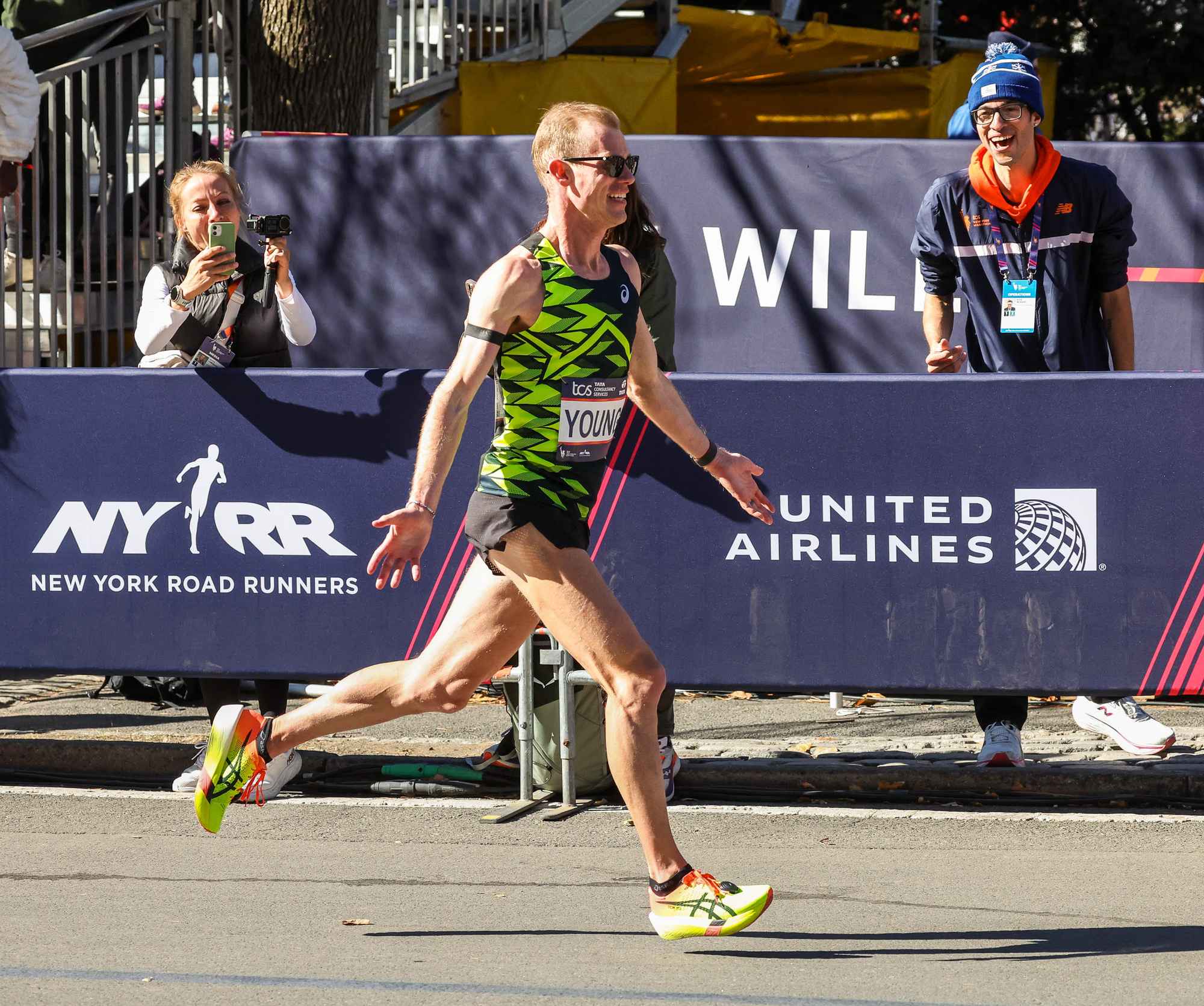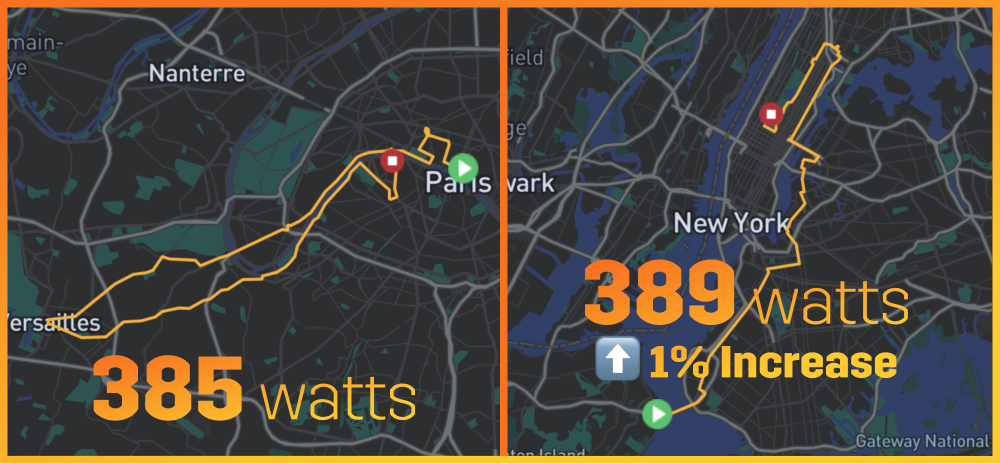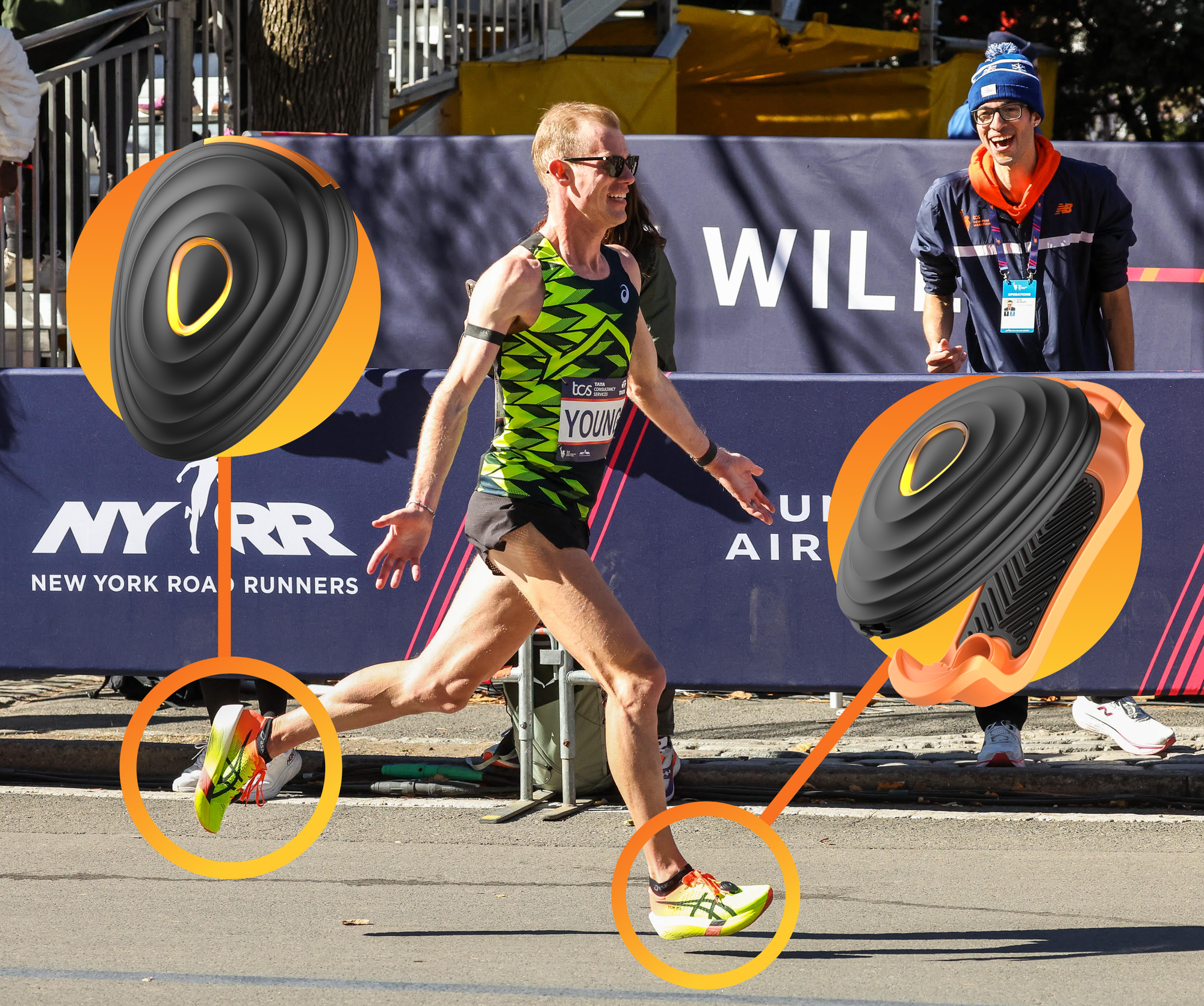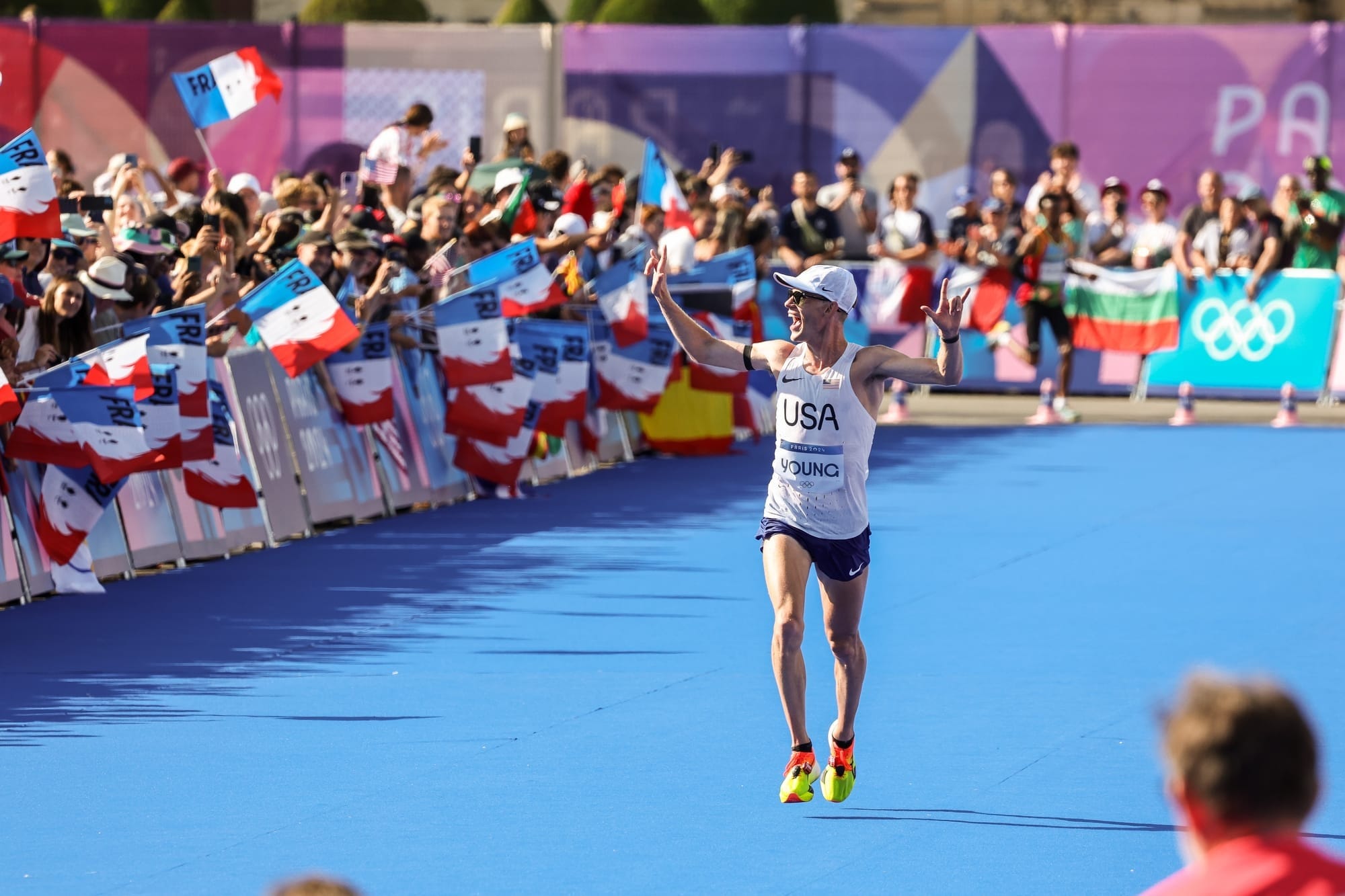Inside the Data: Clayton Young's 7th Place Finish at the New York City Marathon

Just 12 weeks after the grueling Paris Olympic Marathon, Clayton Young found himself gearing up for another monumental challenge: the New York City Marathon.
With limited time to recover and rebuild his fitness, Clayton had to walk a fine line between rest and rigorous training. After a crucial, albeit short, recovery phase, Clayton jumped back into training with unwavering determination.
Could he outperform his expectation-shattering performance at the Olympics just a few months later in New York City?
On race day, Clayton embraced the New York City energy, putting his trust in a meticulously crafted, data-driven strategy and confidence from his Top 10 finish at the Olympics.
Let’s dive into the data from Stryd to learn how Clayton not only exceeded expectations but outdid his phenomenal Olympic performance.

Exceeding Expectations: Beating the Predicted Finishing Time by Nearly a Minute
Clayton's performance at the New York City Marathon was nothing short of spectacular.
Just a few months earlier, he had run 2:08:44 at the Paris Olympic Marathon, and using Stryd data, that converted to a predicted time of 2:10:06 for the New York City Marathon.
While NYC might not have had the same unique challenges as Paris, it is considered an even tougher course overall due to the rhythm-breaking hills.
Clayton not only surpassed expectations but also exceeded his Olympic performance in New York City: he crossed the finish line with a time of 2:09:21, earning an impressive 7th place overall.
This improvement was especially remarkable given the abridged buildup between the two major events.
The comparison between the two performances highlights the beauty of running with power using Stryd—enabling meaningful comparisons across vastly different courses and conditions.

A Game of Percents: Power Improved by 1% from Paris
How did Clayton beat the predicted finish time?
Clayton's improved his power output from the Olympic Marathon by a full percent.
This is a major achievement considering the demanding circumstances and the short time between events. His strategy and pacing on race day in NYC contributed heavily to this improvement, especially when looking at his power outputs changed during the race.
During the first half of the NYC Marathon, Clayton averaged 382 watts—1% lower than his average power output at the Olympic Marathon.
The tactical nature of the race kept the field running together, conserving energy.
However, it was during the second half that Clayton truly shined, increasing his average power output to 398 watts—3% higher than at the Olympic Marathon.
Overall, Clayton averaged one percent more power than he did in Paris, which caused him to beat his predicted finishing time by nearly a full minute.

Championship Style Racing: Tactically Racing with Power
One of the critical skills we identified from Clayton’s Stryd data ahead of the NYC Marathon was his ability to respond to aggressive moves during the race.
Leading into the event, his data showed promising resilience to both metabolic and mechanical fatigue—a key capability for a race with surges and challenging terrain.
This resilience showed itself in the second half of the race as Clayton was able to respond to uphill surges in the first and sustain higher power outputs for the remainder of the race.
His ability to push hard through these surges and maintain his power level was a testament to his strategic approach. By running conservatively in the first half and unleashing his full potential in the latter part of the race, Clayton successfully improved upon his Olympic performance and achieved a 7th place finish in a race that was as much about tactics as it was about physical capability.

More Data, More Power: Building a Stryd profile to empower future performance
Clayton's performance in New York City once again underscored the value of power data in marathon racing.
Stryd's power insights allowed Clayton to track his performance across drastically different courses and build on the insights he gathered from Paris.
His NYC Marathon wasn't just an excellent performance—it was a validation of his ability to adapt, strategize, and utilize data to push the limits.
For runners everywhere, whether elite or recreational, Clayton's journey shows the power of understanding your capabilities and using data to guide your race strategy, helping you find those marginal gains that make all the difference.

